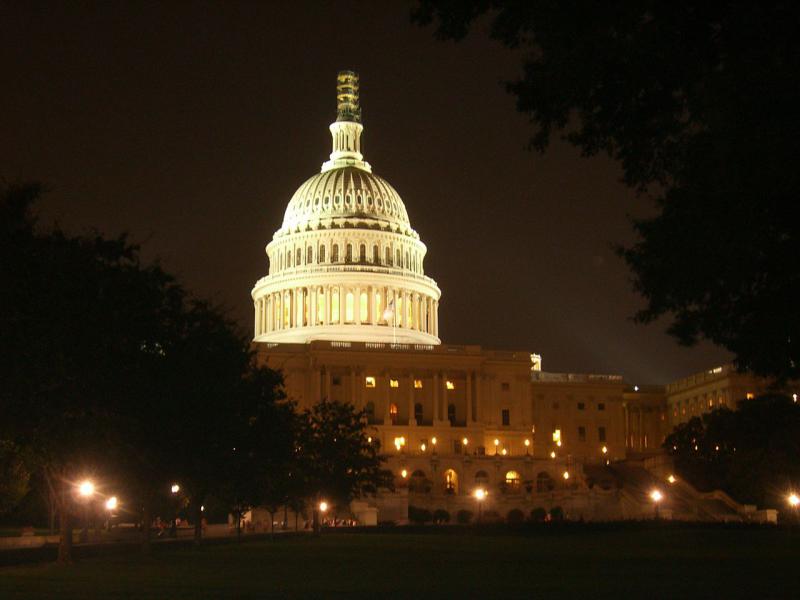
While Republican lawmakers promised repeal of Obamacare – including repeal of the one trillion dollars in new or higher taxes – it remains unclear when, or if this will be achieved. The Senate failed to pass legislation last month, and lawmakers have said they will move on to tax reform in the second half of the year.
Even as Congress and the administration pivots away from healthcare, there remains some issues that must be addressed this year, like ensuring that the Obamacare health insurance tax and medical device tax do not go into effect.
Absent full repeal, Congress must use the remaining months of the year to delay the health insurance tax and medical device tax so they do not go into effect in 2018 and increase taxes. American families, seniors, and businesses have already been hurt by the failure to repeal Obamacare’s taxes. The last thing taxpayers need is even more taxes to go into effect.
If the health insurance tax is allowed to go into effect in 2018, it will directly hurt middle and low-income families. In total, the tax hits 11 million households that purchase through the individual insurance market, and 23 million households covered through their jobs. Next year alone, the tax will total $14.3 billion, and over a decade the tax totals roughly $150 billion in higher taxes.
Half of the tax is paid by those earning less than $50,000 a year and it will increase premiums by $5,000 per family over the next decade according to research by the American Action Forum.
Not only does it harm American families, the health insurance tax is devastating to small businesses. As many as 1.7 million small businesses would be directly impacted and the tax could cost up to 286,000 in new jobs and small $33 billion in lost sales by 2023, according to the National Federation of Independent Business.
While it is imposed on a narrower base of taxpayers, the 2.3 percent medical device tax is similarly harmful to small businesses. Medical device makers contribute $150 billion to the U.S. economy, and many are small businesses. Of the over 6,500 medical device companies in America, 80 percent have fewer than 50 employees.
If Congress fails to prevent this tax increase from going into effect, it could lead to more than 25,000 lost jobs by 2021. Over the next decade, this excise tax is projected to increase taxes by $30 billion.
Small businesses account for half of all jobs in the US and two-thirds of new jobs in recent decades, so the health insurance tax and medical device tax mean businesses across the country can spend less on investing in new equipment, hiring new workers, or providing higher wages.
Unless Congress acts, both tax increases will go into effect on January 1, 2018, leading to higher premiums and higher costs for middle class families, seniors, and small businesses.
Conservatives campaigned on lower taxes. The last thing that voters expect is for a tax increase to go into effect under the watch of GOP lawmakers.
Photo Credit: Wikipedia Commons

